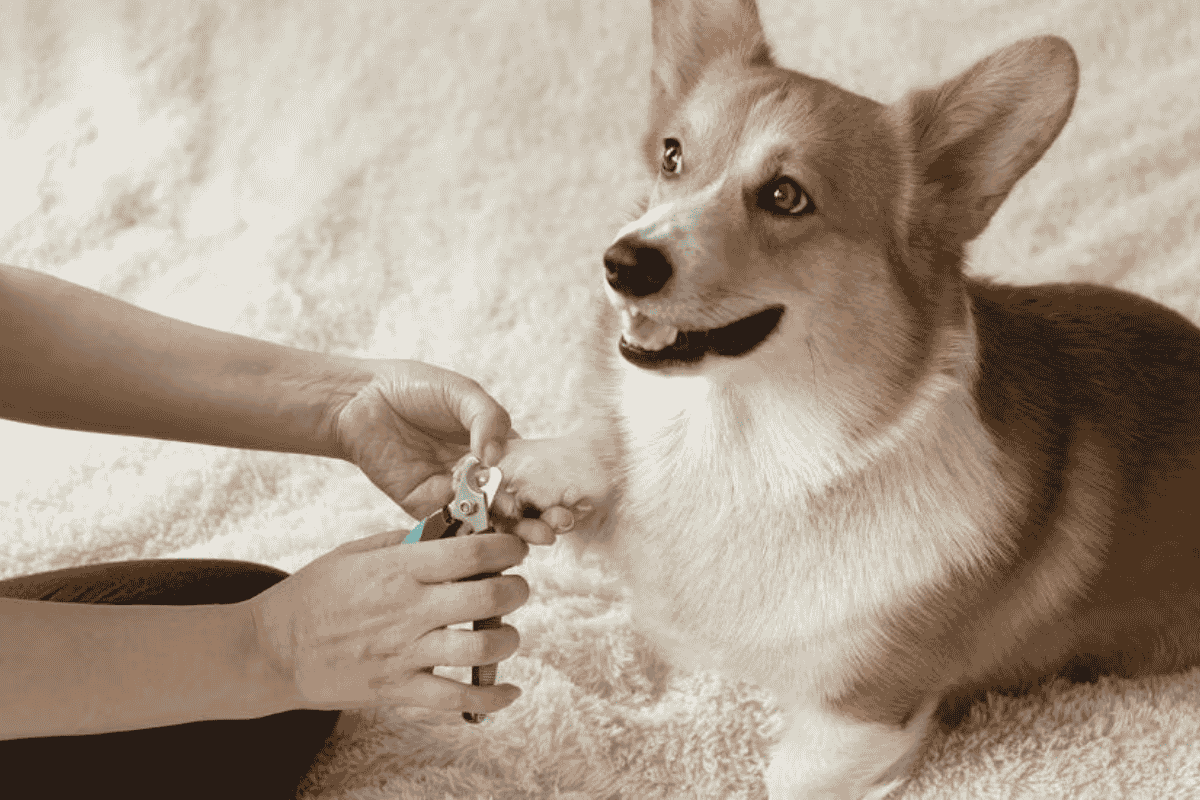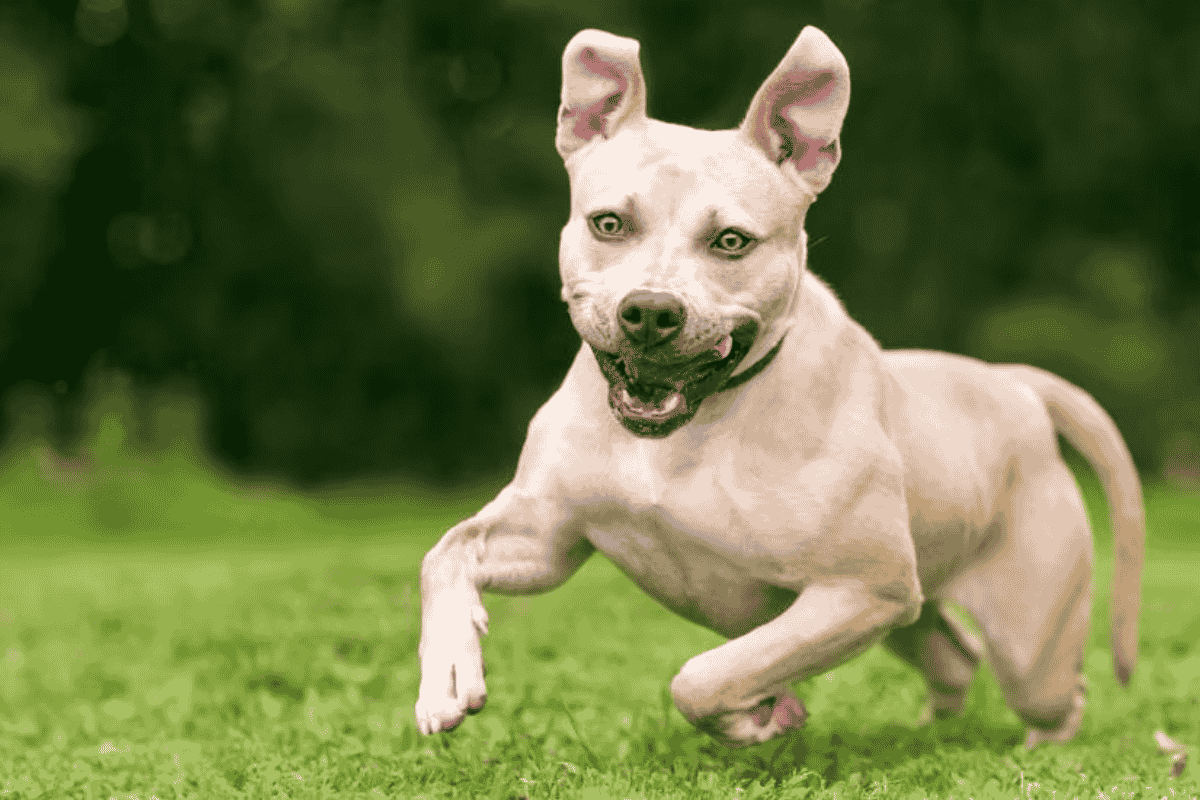Senior dogs make loyal, loving companions, but their needs change as they age. Understanding these changes and working closely with a veterinarian ensures they maintain comfort and quality of life in their golden years.
What Age Is a Dog Considered a Senior?
The age at which a dog is classified as a senior depends on its breed and size:
- Small breeds (e.g., Yorkshire Terriers): around 11 years
- Medium and large breeds (e.g., Labrador Retrievers): around 7 years
- Giant breeds (e.g., Great Danes): as early as 5 years
- Mixed breeds: typically considered seniors at 7 years, though this can vary
Recognizing when your dog enters seniorhood is vital, as their health, dietary, and lifestyle needs shift significantly from younger stages.
Your Senior Dog’s Health
Older dogs require more frequent veterinary care to detect and manage age-related issues.
- Vet visits: At least twice yearly, or every three months for dogs on long-term medication
- Common conditions: Arthritis, cancer, heart disease, kidney and liver disease, obesity, hypothyroidism, Cushing’s disease, blindness, hearing loss, dental disease, and urinary tract issues
- Diagnostics: Full physical exams, bloodwork, and additional testing if needed
Early detection and proactive care help manage these conditions and extend your dog’s quality of life.
Your Senior Dog’s Nutrition
Diet plays a major role in supporting aging dogs. A veterinarian may recommend switching to a senior-specific or prescription diet.
- Mobility support: Foods with glucosamine and chondroitin help ease arthritis and joint issues
- Chronic conditions: Prescription diets with modified nutrients (e.g., lower phosphorus for kidney disease)
- Weight management: Seniors may require fewer calories due to slower metabolism, but underweight dogs may need more
- Options: Available in wet or dry formulations, tailored to breed size
There is no one-size-fits-all diet—individualized nutrition plans are essential.
Your Senior Dog’s Well-Being
Supporting your dog’s daily comfort and mental sharpness is key.
- Routine: Keep feeding, potty breaks, and bedtime consistent
- Mental stimulation: Use enrichment toys, puzzles, or stuffed Kongs® to engage their brain
- Gentle play: Choose soft toys that are easy on aging teeth and gums
- Exercise: Daily walks and fresh air keep joints and mind active
- Dental care: Brush teeth daily and schedule annual (or semi-annual) professional cleanings
- Comfort: Provide orthopedic beds to reduce joint stress and prevent pressure sores
Supplements for Senior Dogs
Veterinarians may recommend supplements to support aging joints and overall wellness:
- Chondroitin, glucosamine, and MSM reduce inflammation and support cartilage health
- Best introduced before arthritis develops, but still beneficial for dogs with existing joint disease
Work Closely With Your Veterinarian
A tailored care plan is the best way to help your senior dog thrive. Your veterinarian will guide you in managing health conditions, adjusting diet, and supporting comfort so your dog enjoys a long, happy life in their senior years.












